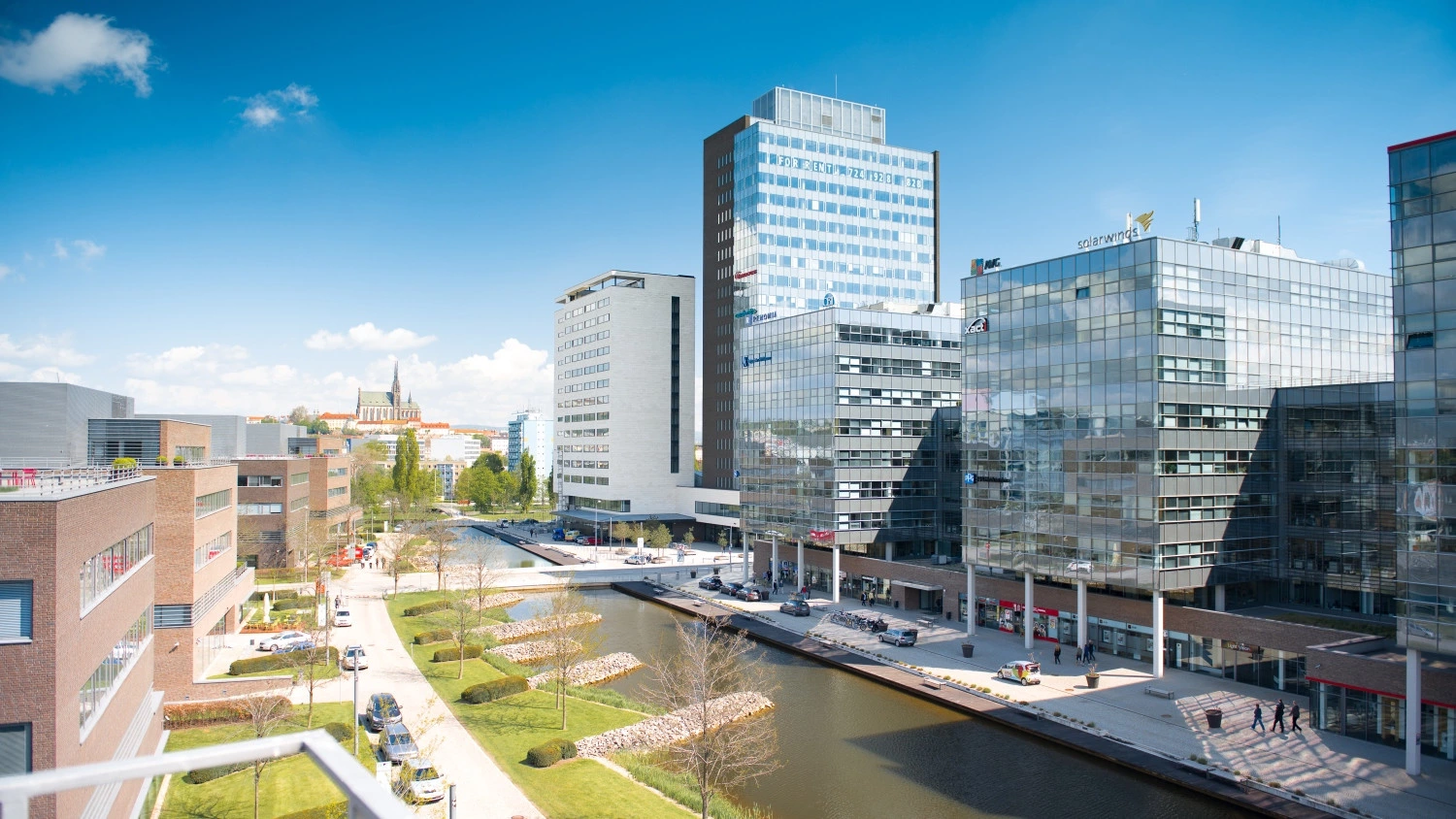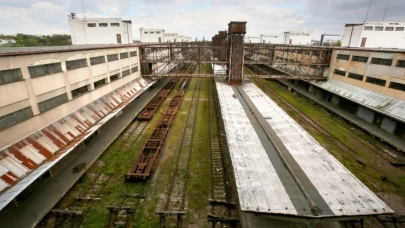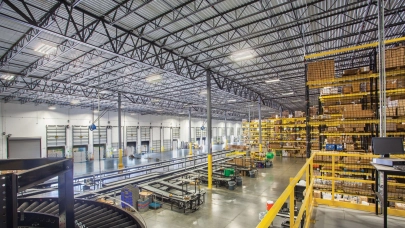
With over 42,000 sqm of modern office space due for completion in 2020, Brno should receive one of the biggest additions of office space in recent years. Ostrava, on the other hand, hasn’t seen supply growth in several quarters and currently, there are no new office buildings under construction in the city. Colliers International has published its regional office market overview of the Czech Republic for H1 2020, focused on Brno and Ostrava.
Brno
Supply & vacancy
The modern office stock in Brno reached approximately 634,000 sqm at the end of the first half of 2020. In terms of size, it is now bigger than some of the Polish regional office markets like Poznan, Katowice and Lodz. One project was recently added to the stock, namely the refurbishment of Šumavská Tower B, totalling 10,600 sqm and was fully pre-leased. Another project, the extension of Titanium, entered the construction phase and should be completed just before the end of 2021. From a vacancy perspective, the Brno market continued its decreasing trend and ended with a healthy rate of 9.5%, a decrease of 75 bps in comparison with H2 2019.
Demand
Gross take-up reached 20,800 sqm. This volume also includes renegotiations of existing leases which only represents lightly over 12% of the total. Current gross take-up levels represent a 60% decrease in comparison with H2 2019 and decrease of 22%year on year. In addition to the aforementioned, it is fair to say that net absorption (12,700 sqm) is continuing with its positive trend. The largest transaction in the first half of 2020 was a new lease of 4,100 sqm in CTOffice A3 (Ponávka) for Siemens.
Rents
Prime headline rent in Brno is mainly driven by extensive Class A building development near to the city centre and is currently set between €15.00-16.00 per sqm per month. Older buildings or buildings far from the main office cluster are usually offered at rents between €10.50-12.50.
Outlook
With another over 42,000 sqm of modern office space due for completion in 2020, Brno should receive one of the biggest additions of office space in recent years. Stable levels of demand and the ability to attract even the largest cross-border occupiers puts Brno in direct competition with neighbouring countries. Brno has for several years been considered as one of the most important hubs for companies from the IT and business services sectors in the Czech Republic and will definitely maintain this position in the near future.
Ostrava
Supply & vacancy
The office stock of the Moravia-Silesian capital stood at 219,800 sqm at the end of H1 2020. As in previous periods, there were no new completions of modern office space recorded and furthermore, we do not currently register any buildings under active construction. The vacancy rate decreased h-o-h by a solid 220 basis points to 5.8%, representing only 12,800 sqm of modern office space available.
Demand
Demand for modern office space in Ostrava in H1 2020 ended below the 5-year average with gross take-up of 7,200 sqm. This volume is an increase of 76% compared to previous period. Net absorption amounted to a positive 4,800 sqm which is approximately in line with the average for the last 5 years.
Rents
Prime headline rents in Ostrava remained the same as in the previous year with a range of between €11.50-12.00. With limited space available, it is possible to expect pressure from landlords to increase the headline rent level.
Outlook
Despite positive numbers in demand and vacancy, we have to be aware of the inevitable market slow down caused by limited active development in the city. Although ambitious projects for Ostrava were introduced, including a new 238-meter-high skyscraper near Nová Karolína shopping mall, and a pipeline consisting of another ca. 60,000 sqm of modern office space, planned for the upcoming years, the progress of local developments is still very slow.
"Brno is a popular city mainly for IT companies and shared service centres. At the same time, it continues to be a very young city, full of students and graduates who are already in the work process. The city is a source of young talent from local universities. And therefore here, perhaps more than in other cities, it will be interesting to observe the kind of stand companies will take to the work from home and to the flexibility of office space. Especially in the countries of Western Europe, a smaller accumulation of employees in offices, i.e. home office, is still supported due to the risk of the spread of COVID-19. The future trends resulting from this situation will gradually pass into our conditions too. One of the main factors in the market will be flexibility. Companies will tend to make the premises more efficient, sublet parts of the office space at the same time, or consider various models involving flex office solutions that have been working confidently in Western European countries for some time. Office vacancy below 10% is still a healthy figure, but it can be expected that landlords will fight more to retain existing tenants due to these circumstances." commented Jana Beeby, Senior Associate Office Agency at Colliers International Czech Republic.
"In the case of Brno and Ostrava, the situation is influenced by the fact that there are many large technology companies and companies from the GBS area, which for the time being in most cases retain the flexibility of working from home for their employees. Therefore, their offices are still largely unoccupied and the situation will change according to the development of epidemiological measures not only in the Czech Republic but also according to the situation in the country of their parent corporation. However, we assume that companies will gradually start returning their employees to the offices, even if it is in the mode of team rotation, for example," commented Jana Vlková, Director of Workplace Advisory, Colliers International.



